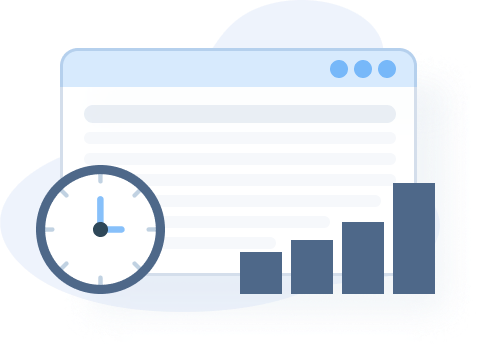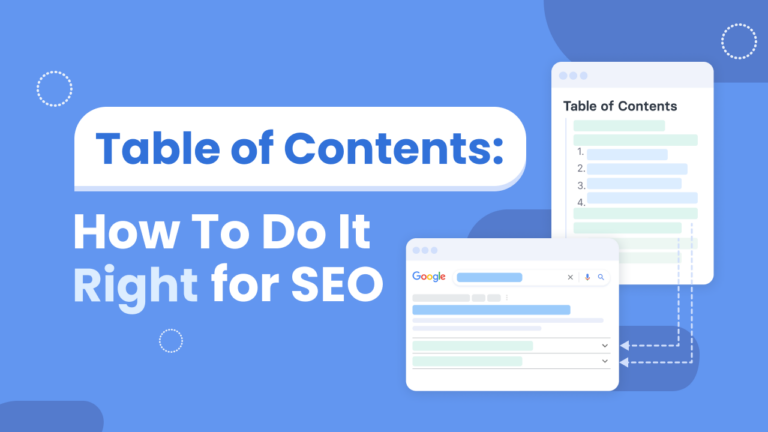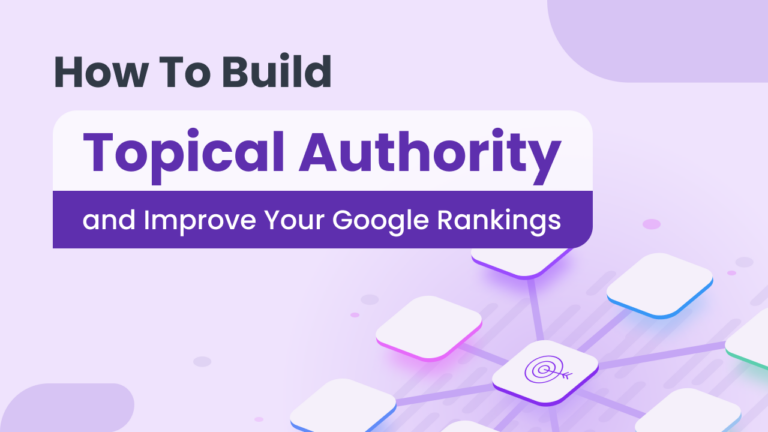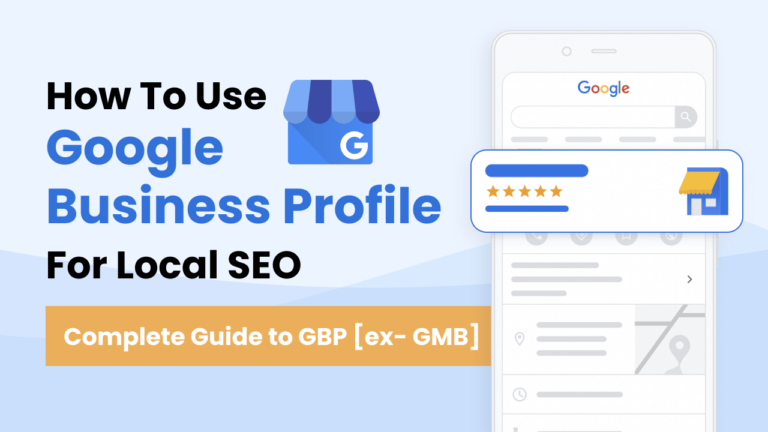In the endless pursuit to optimize content and rank higher in the search results pages, marketers are employing all sorts of technology to get that competitive edge. One of these technologies is the use of AI to improve SEO. As you already know, failing to rank well means missing out on valuable traffic, conversions, and revenue.
You have probably been getting away with using basic SEO strategies, but times have changed. At the rate AI is taking over, the old SEO strategies will not be enough, and you need to up your game.
What Is Content Optimization?
Before getting into how AI helps optimize content, you must understand what content optimization means. As a marketer, this term is nothing new to you; you probably use it more than a hundred times a day. Nonetheless, here’s a refresher.
Content optimization is part of on-site SEO, and is sometimes also called Content SEO. It is part of the content creation process and aims at making sure your content attracts a wider target audience.
The goal of content optimization is to make sure that Google, and other search engines, rank your content well. And, since Google’s ranking algorithms are about satisfying user intent, content optimization ensures your readers also enjoy your content.
How do you that? First and foremost, you provide value to your audience by creating authoritive content that addresses your audience’s search intent. For example, if your audience is searching for the “content optimization examples”, they probably expect your content to provide a definition of content optimization, list content optimization techniques, and provide examples for each of them. Finally, you may link to other articles on your side that allow your audience to dig deeper on related topics such as on-site vs off-site SEO, or the use of internal links to build authority.
Your website’s Google ranking is directly influenced by the value your content brings to your target audience. The value of your content can be derived from the topical breadth and depth, i.e. how well you cover a particular topic, and user engagement, i.e. how your audience reacts to your content.
Why Does Content Optimization Matter?
Over time content decays. This means it loses its potency and rank as new content covering the same topic is published. By creating better content, you get a chance to outrank an older piece of content that has become either outdated, incomplete, or of lower quality than the content you’ve just created.
For instance, if you stumble across a post from someone on a topic you would love to cover, you can make a video, infographic, or write a more in-depth article that would offer the reader more value. Similarly, if you want to rank for “the benefits of matcha tea,” you could reference recent scientific findings that have not been covered by any article on the first page of Google search results.
For this reason, you have to keep track of your search page ranking and strategically refresh articles as they decay. This is part of your content audit. This, in turn, helps maintain and even boost your SERP ranking and the number of visitors to your site.
When done correctly, it can help your site rank for more keywords, capture and keep the attention of more readers as well as transform their visits into leads. Content optimization tools automate this whole process by analyzing the top results for specific search queries, and extracting actionable insights. This is where AI and content optimization merge.
What Is AI in SEO?
AI helps search engines get to know what users want, and this, in turn, is causing a shift in SEO because you are now capable of creating customized optimization strategies.
Having understood what content optimization is, let’s take a look at how AI is used in SEO.
In the last few years, search engines such as Google have introduced different algorithms that are focusing less on keywords and more on content quality and language comprehensiveness. For instance, Google’s Hummingbird gives search engines the ability to analyze semantics in content, while the launch of RankBrain marked the use of machine learning-powered techniques to rank search results.
This means that AI can understand more than individual keywords. Almost like humans, AI can understand the relationship between topics and keywords and develop a contextual interpretation.
Modern SEO tools such as ZenBrief, use AI, and more specifically, Natural Language Processing (NLP) techniques, to extract patterns within your competition’s content and help you reverse-engineer how to rank well on search engine results.
How Can AI Help With Content Optimization?
According to Drift Insider, about 80 percent of marketers who adopt AI in their SEO efforts report quick and positive changes in their businesses. This positive response has made AI an essential part of any SEO and content marketing strategies.
There are two ways you can optimize your content: manually or using AI. Needless to say, using AI is the fastest and easiest way to supercharge your content optimization.
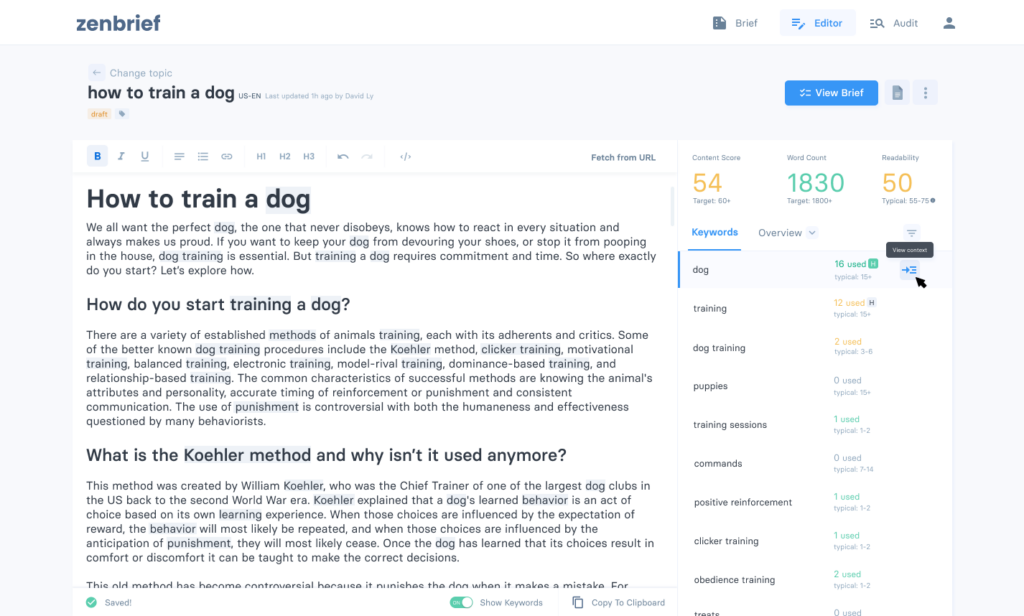
For example, ZenBrief allows you to easily:
- Figure out the right keywords to target to make sure your website gets enough traffic
- Identify gaps in your content that prevent it from fully addressing your audience’s intent
- Find out how long your blog post should be
- Get a content quality score for your content, and compare it with your competitors’
- Identify internal links opportunities, in order to build keywords clusters on your site
- Create content outlines that cover all the topics and questions your audience wants to read
- Use Google Search Console for SEO, via a powerful integration that shows you how to make the most of keywords your site is already ranking for
This research work would literally take hours to complete manually, and can now be done in just a few minutes.
Using an AI SEO Software
As you know, there are many SEO tools out there, but few truly specialize in content optimization.
If you’re uncertain of which one to utilize, you can try ZenBrief. ZenBrief is an AI-powered content optimization software that leverages Natural Language Processing, to provide actionable insights to boost your content’s organic traffic.
It’s important you do enough due diligence when it comes to content optimization software. You need to invest enough time researching your options, how robust and reliable they are, and the cost of implementing them before spending your money on them. You would hate to spend cash on something that gives you unhelpful recommendations causing your rank to fall. Remember, less than 25 percent of users visit the second page of Google Search Results; you don’t want your site landing there.
How to Use AI SEO Tools
Most AI SEO tools rely on a 3-step approach.
1. Select a topic
Most content optimization software start off with the main topic of your content. It’s important to choose it correctly. For instance, if you write about buying real estate, your main topic shouldn’t be real estate rental. If you already have content and you want to optimize it, you may look for relevant topics within your content.
2. Create a content optimization report
Next, your content optimization software will analyze search engine results for the topic you’ve chosen, and use AI to retrieve valuable information from your competition. In Zenbrief, content optimization reports are called content briefs. A content brief contains everything you should know in order to optimize your content. What is the optimal word count? Which keywords should be included in a h3 heading? Which questions should you answer? And so on. The AI intelligence will be instrumental in boosting your website authority. Zenbrief allows you to add custom information to your content brief such as the tone of the content (humorous, formal, assertive, enthusiastic, etc), the target audience persona, and more.
3. Write and optimize your content
Once you and your content writer are equipped with the content brief, you can start writing your content and optimize it. Usually you’ll be able to do so in a content editor that makes the process of optimizing your content for organic traffic very easy.
When you open ZenBrief’s Content Editor, you’ll be able to see will:
- Your current content score, and the target content score you should aim for
- Your current word count, and the typical word count required to cover the topic in depth
- Your current readability score, and how it compares to the benchmark
- A list of relevant keywords (both long-tail keywords and short-tail keywords), that you should include in your content, along with how many times they should be mentioned
You may also view additional insights within the sidebar, without leaving the content editor:
- Internal links opportunities and anchor texts you could use
- External sources you should rely on and quote in your content
- Questions your content should answer
- And any information contained from the content brief


